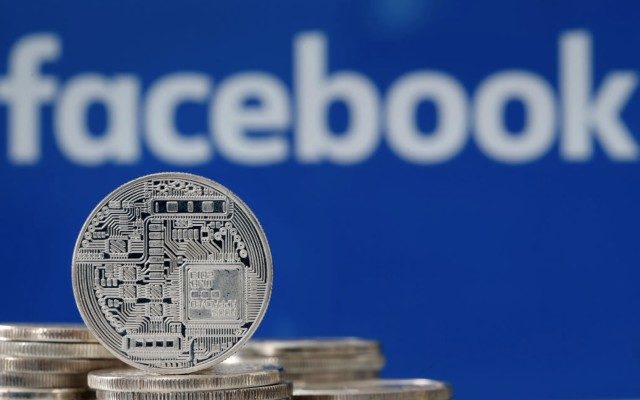T-Mobile US Inc (TMUS.O) and Sprint Corp (S.N) said on Sunday they had agreed to a $26 billion all-stock deal and believed they could win over skeptical regulators because the merger would create thousands of jobs and help the United States beat China to creating the next generation mobile network.
U.S. regulators, which have challenged in court AT&T’s $85 billion deal to buy U.S. media company Time Warner Inc (TWX.N), are expected to grill Sprint and T-Mobile on how they will price their combined wireless offerings.
The combined company, which will be called T-Mobile, will invest $40 billion over the next three years to upgrade its networks to accommodate the next generation 5G wireless technology, which is expected to have the speeds necessary to power drones and self-driving cars, Legere said.
The companies said they expect U.S. regulators would see the benefits of the deal.
A spokeswoman for Federal Communications Commission Chairman Ajit Pai declined to comment on Sunday on the proposed merger. The FCC will decide whether to grant the deal regulatory approval and if deal is in the “public interest.”
Legere said the deal would likely lead to lower prices for competitors, including AT&T and Verizon, as well as Comcast Corp (CMCSA.O).
AT&T declined to comment. Comcast could not immediately be reached for comment.
Verizon declined to comment on prices but said it remains committed to building a 5G network.
DEAL BREAKTHROUGH
The breakthrough in the companies’ negotiations, first reported by Reuters on Thursday, came after T-Mobile majority-owner Deutsche Telekom AG (DTEGn.DE) and Japan’s SoftBank Group Corp (9984.T), which controls Sprint, agreed on a structure that will allow Deutsche Telekom to continue to consolidate the combined company, which will have a market value of over $80 billion, on its books.
Deutsche Telekom will own 42 percent of the combined company, and will control the board of the combined company, nominating nine of the 14 directors. Legere will also serve as a director.
The second round of talks between Sprint and T-Mobile ended in November over valuation disagreements.
Since then, Sprint’s shares lost about a fifth of their value amid questions about how the company can compete effectively under the weight of its long-term debt of more than $32 billion.
INVESTING IN 5G TECHNOLOGY
Even though Sprint’s customer base has expanded under CEO Marcelo Claure, growth has been driven by discounting. Analysts say that, without T-Mobile, Sprint lacks the scale needed to invest in its network and to compete in a saturated market.
However, Sprint and T-Mobile hope the deal will give them more firepower to participate in auction for spectrum to develop 5G. They plan to participate in a spectrum auction in late fall and will request a waiver if the merger prevents the companies from participating.

















